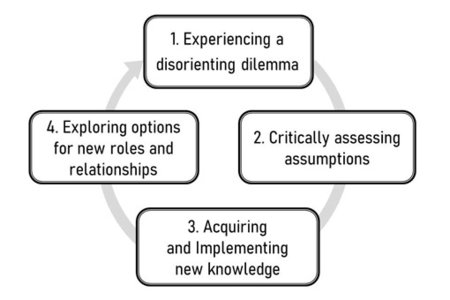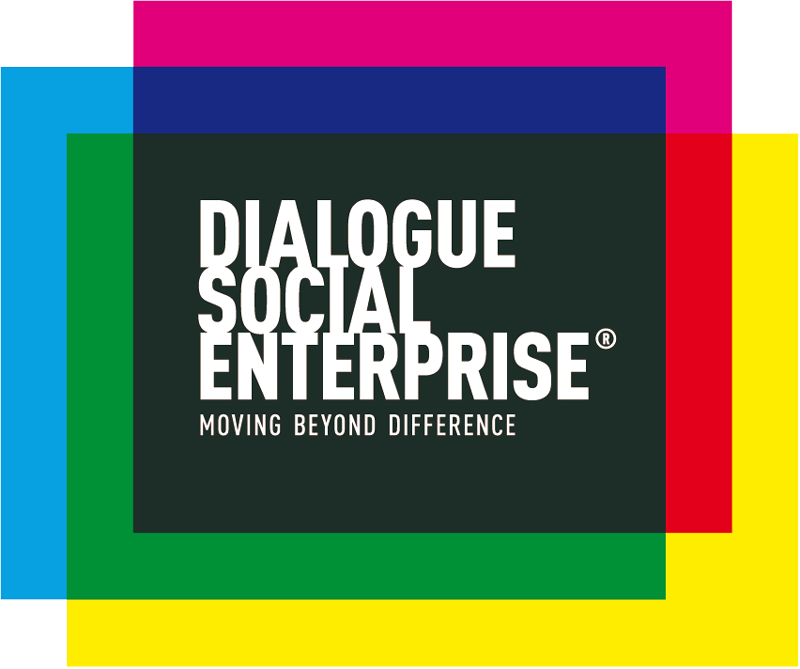Methodology

What is our methodology?
Transformative learning is a process by which one could transform their frame of reference making it more inclusive, discriminating, open, emotionally capable of change and reflective so that it may generate beliefs & options that prove truer or justified to guide action.
Dialogue exhibitions, as platforms for encounters, create the prerequisites for dialogue. They allow the process of transformative learning to play out through four overarching steps:
- Experiencing a disorienting dilemma:
You are invited to a completely unfamiliar environment to participate in an interpersonal exchange with someone who is blind, deaf, or elderly. This situation confronts you and forces you to dependent on your guides - people who are usually seen as "disadvantaged" or "disabled". - Critically evaluating assumptions:
This situation makes you reassess your assumptions. The blind, deaf, or elderly guide is suddenly the competent expert leading you and navigating your way through your dilemma - internal and external. - Acquiring and implementing new knowledge:
You find that this environment induces you to learn - you improve in nonvisual senses and nonverbal communication skills each minute. - Exploring options for new roles, relationships and action:
You might have previously thought of being blind, deaf, or elderly as frightening. Through Dialogue exhibitions, you begin to understand that there is a life beyond sight and sound and age offers surprising possibilities. A meaningful and fulfilling life can take many forms.
The impact of Dialogue exhibitions on the visitors has been is profound, post-exhibition visitors report that they have:
- Increased self-awareness and understanding of self.
- Reshuffled belief system and enhanced empathy.
- Changed own behavior & lifestyle post the experience.
Interested to know more about transformational learning and the power of exhibitions on the change of attitude? Our co-founders wrote a splendid piece on it, which you can access (external link) here.
